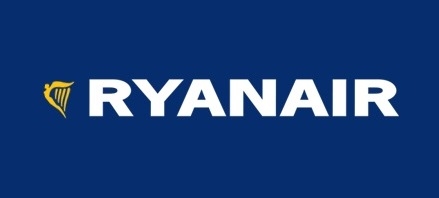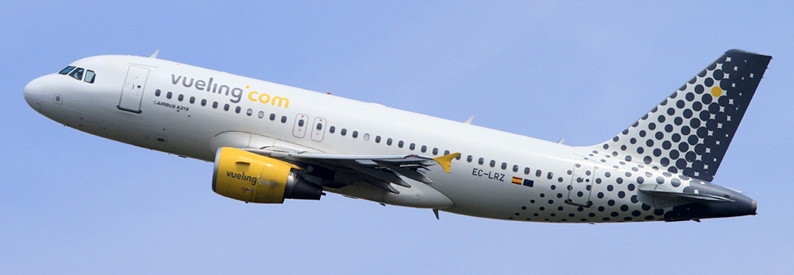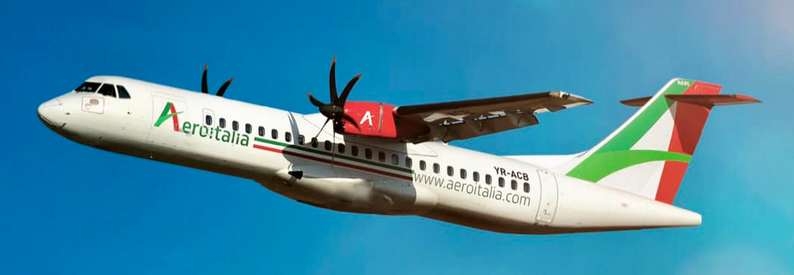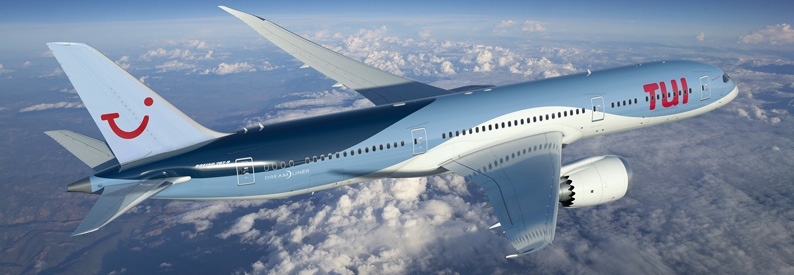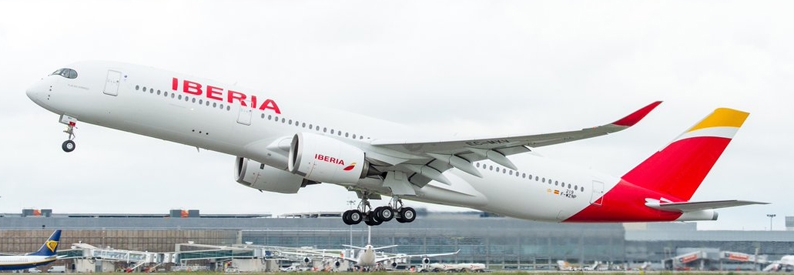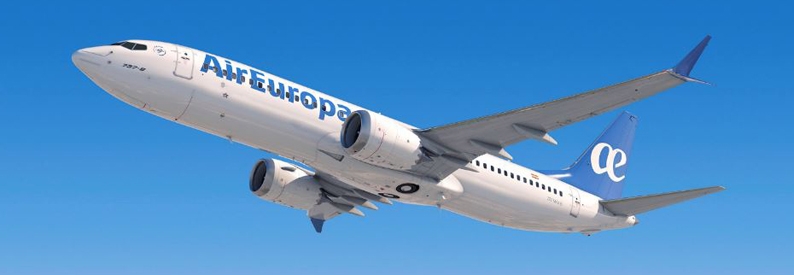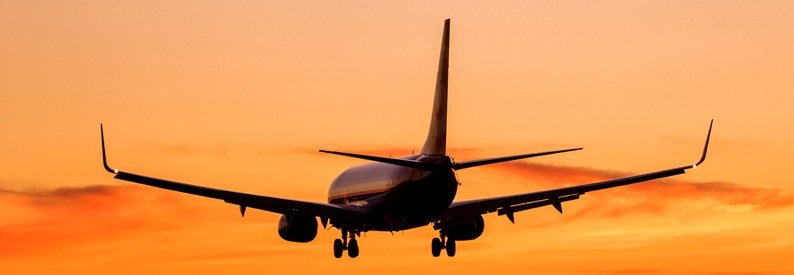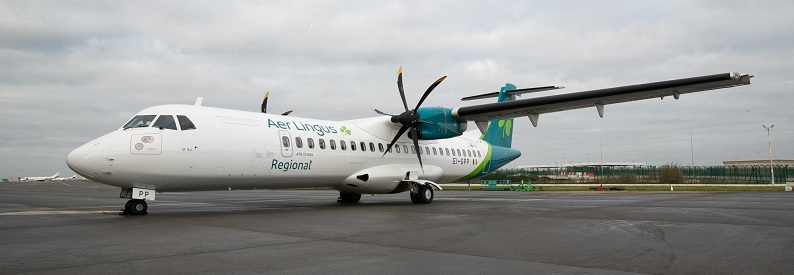Flughafen Frankfurt-Hahn GmbH, the operator of Frankfurt Hahn airport, has filed for insolvency at the Bad Kreuznach district court, but has since vowed to continue operating for the time being.
Provisional insolvency administrator Markus Plathner told the German news agency dpa that all of the airports' employees would continue to receive wages through insolvency protection funds. The airport will also continue to service passenger and cargo traffic as planned while the administrators investigate its financial situation and draw up a business plan for the future.
The insolvency filing also includes four subsidiary companies: JFH Jet Fuel Hahn GmbH, HNA Airport Services GmbH, HHN Airport Technology GmbH and HHN Aviation Security GmbH.
The airport is 82.5%-owned by China's HNA Group. The conglomerate acquired the stake from the government of Rhineland-Palatinate, the state in which the airport is located, during a global spending spree in 2017. The remaining 17.5% stake is owned by the government of neighbouring Hesse, in which Frankfurt is located. Although Hahn has branded itself as a secondary airport serving Germany's financial centre, it is located around 100 kilometres from Frankfurt International (and a similar distance from Cologne/Bonn and Luxembourg).
The Chinese investor had planned to expand Hahn into a large cargo hub based on its lack of night curfew and a surplus in spare capacity. While it has secured some cargo traffic, including from other HNA Group carriers and partially in response to a slot shortage at other airports including Amsterdam Schiphol, Hahn remains a predominantly low-cost carrier airport. According to the ch-aviation Commercial Aviation Operator Capacity Data module, Ryanair and Wizz Air operate 62 and 17 weekly scheduled departure out of Hahn, respectively. The only other passenger carriers serving the airport are Air Serbia and FlyOne. Malta Air, a subsidiary of Ryanair, has a crew base at the airport.
The airport is partially subsidised by Rheinland-Palatinate (which does not have any other sizeable commercial airport) and had expected to become profitable by 2024.
Hahn used to be an American military airport during the partition of Germany but was converted into a passenger facility in 1999. It no longer hosts any Luftwaffe or United States Air Force units, although it is used for the military charters. In 2018, the last full year for which its annual report is available, the airport operator lost EUR4.6 million euros (USD5.4 million).
- Type
- Base
- Aircraft
- Destinations
- Routes
- Daily Flights
